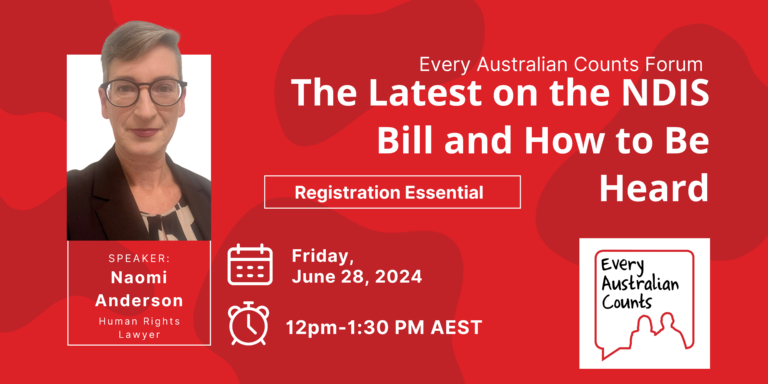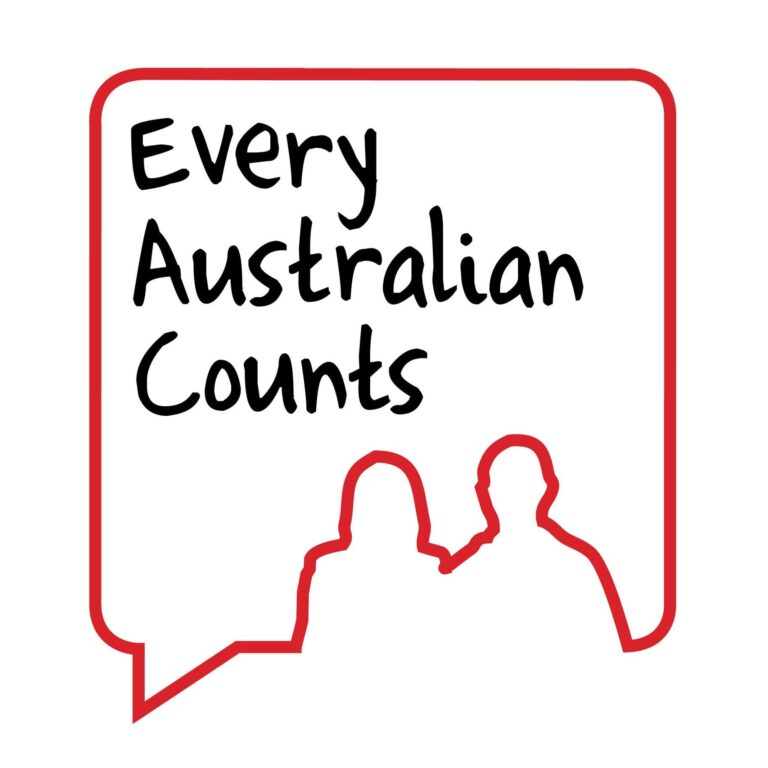Your plan
So I have had my planning meeting – what’s next?
After you have had your meeting, the plan will be reviewed by the NDIS and approved.
Depending on your situation, you will get help to put you plan into action. This help might come from your Local Area Coordinator or it might come from a Support Coordinator.
But before you get started there a couple of simple things you need to do. Read your plan and make sure it is correct. Make sure you understand the different parts of the plan and what they mean.
And make sure you are registered with myGov – you can check here. You will need a myGov registration to access the NDIS myplace portal. The myplace portal is a secure website where you can see everything that is happening with your plan. You can look at your plan, keep track of your budget and manage your supports.
There is more information about how to use the myplace portal on the NDIS website.
Getting your plan into action
There are three sections in an NDIS plan.
- Section One – has some personal details.
- Section Two – contains your goals – short term and long term.
- Section Three – contains the support you need. This section will be broken up into three parts:
- the help you currently get from family and friends,
- the help you get from other services in the community (like health or education), and finally
- the support you will get through the NDIS.
Your plan will detail how much funding you will receive. Your budget will be broken up into three parts – core, capacity building and capital.
- Core – includes supports to help you with everyday life
- Capacity building – includes supports to build your skills and independence
- Capital – includes assistive technology, equipment or home modifications
It is really important to remember that your core budget can be used flexibly, so you can organise your supports in the way that best suits you. The items in capacity building and capital tend to be a bit more fixed. If you are not sure about anything, make sure you ask your LAC.
You can read more on using your NDIS plan from Booklet 3 on the NDIS website.
Managing your plan
At the end of your planning meeting with the LAC, they will ask you how you want your funding to be managed. This is an important decision, so you need to think about it before you go into the meeting.
Managing your plan is really about how your service providers get paid. There are three ways this can happen.
Agency managed
After they have provided you with a service, your provider submits an invoice to the NDIA and the NDIA pays them. You can track how everything is going through the myplace portal but you don’t have to worry about all the paperwork.
It is important to remember if you choose this option you can only use providers that are registered with the NDIA. And you must pay them the NDIA rates.
Self managed
This means you are responsible for requesting an invoice from your service provider after you have received a service, and then forwarding it to the NDIA. They will then put the money in your bank account so you can pay the invoice.
The advantage of this approach is that it gives you the greatest amount of flexibility and freedom. You can choose any provider you like – they don’t have to be registered with the NDIA. And you can negotiate your own price – you don’t have to stick to the NDIA prices.
But you have to be organised and do all the paperwork yourself.
Some people are a little intimidated by the idea of self management. But it is worth giving it some thought. It offers the most flexibility, and the chance to work with the people you want to work with. If you are interested, try and find others who have self managed their funding to get an idea of what’s involved.
Plan managed
Plan management is basically like self management – only you get an independent organisation to do everything for you. And the money to pay that organisation to do all the work for you gets added to your plan so you are not out of pocket.
There is a fourth option – one that not many people know about. You can do a mixture – some agency managed, and some self managed. This might work for you if you don’t want to do all the paperwork yourself, but have some areas where you want a great deal of flexibility and control.
It is really important to remember that whichever method you choose, you are still in control. No matter which option you choose, you choose your providers and you control when and how your supports are delivered. These three options are really just about the different ways providers can get paid.
There is more information about managing your plan on the NDIS website, and more specifically about self managing here.
Choosing your service providers
When it comes to organising your supports, it is important to remember that you are in the driver’s seat. You are in control.
You might already have a service provider you are happy with. That’s great. But don’t feel locked in. You don’t have to do things the way they have always been done. Now might be the right time to try something new. Now might be the time to do something you have always wanted to do but haven’t had the chance.
Choosing a provider is just like choosing anything else you might want to buy. Work out what you want, do your research, take a look around and then choose. And like anything else, it helps to talk to others about what they have done. What do they like about their providers? Would they recommend them?
We have come up with a few questions you might like to consider when choosing a service provider:
- Which of the providers in my area can offer the kinds of supports I need?
- Do the supports offered by any of the providers meet my personal needs and help me to achieve any of the goals I’ve set for myself?
- Will the provider see me as an individual with rights?
- How will the provider ensure I have choice and control over how support is provided to me?
- Can the provider guarantee flexibility of support that fits my life?
- What skills and experience do their staff members have?
- Does the provider charge a fair price?
- What evidence can the provider show me that they deliver high quality support?
- Does the provider have feedback and complaints systems that are independent of their service delivery systems?
- What do other people with disability or carers say about the quality of the support the provider gives them?
The NDIS has some information to help people find and negotiate with service providers. The Price Guides outlines the maximum amounts providers can charge participants.
Your rights as a consumer
When you pay for a product or service yourself, you have rights as a consumer. This includes services and products you purchase through the NDIS.
The Australian Competition and Consumer Commission (ACCC) has produced some information for people with disability and their families to understand their rights, and help when something goes wrong.
There are fact sheets, videos and information in Easy English on the ACCC website.
The NDIS Quality and Safeguards Commission is an independent agency established to improve the quality and safety of NDIS supports and services. They will regulate the NDIS market and handle complaints about the quality and safety of NDIS supports and services.
There are resources including Easy English and LOTE on the NDIS Quality and Safeguards Commission website.





